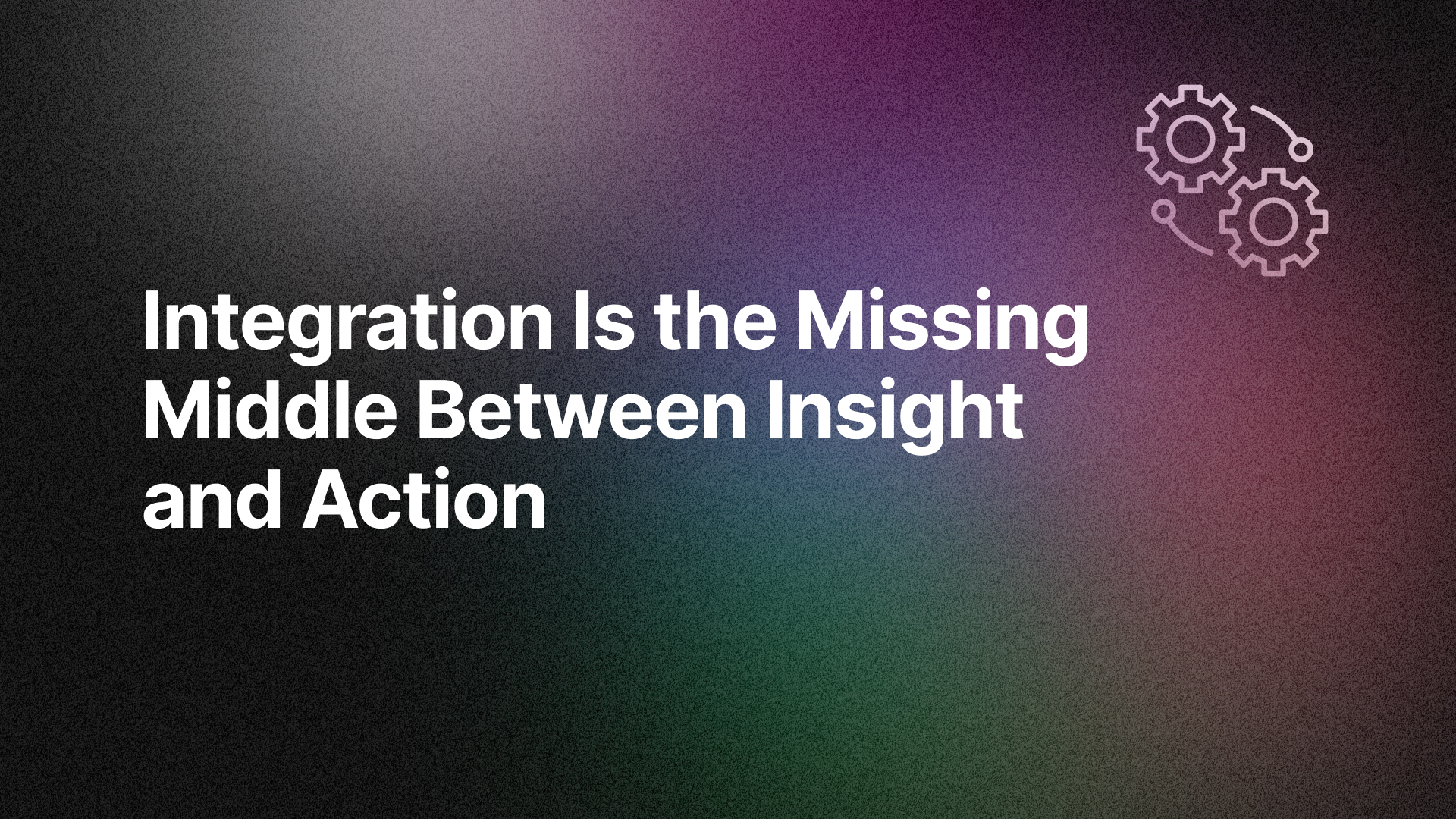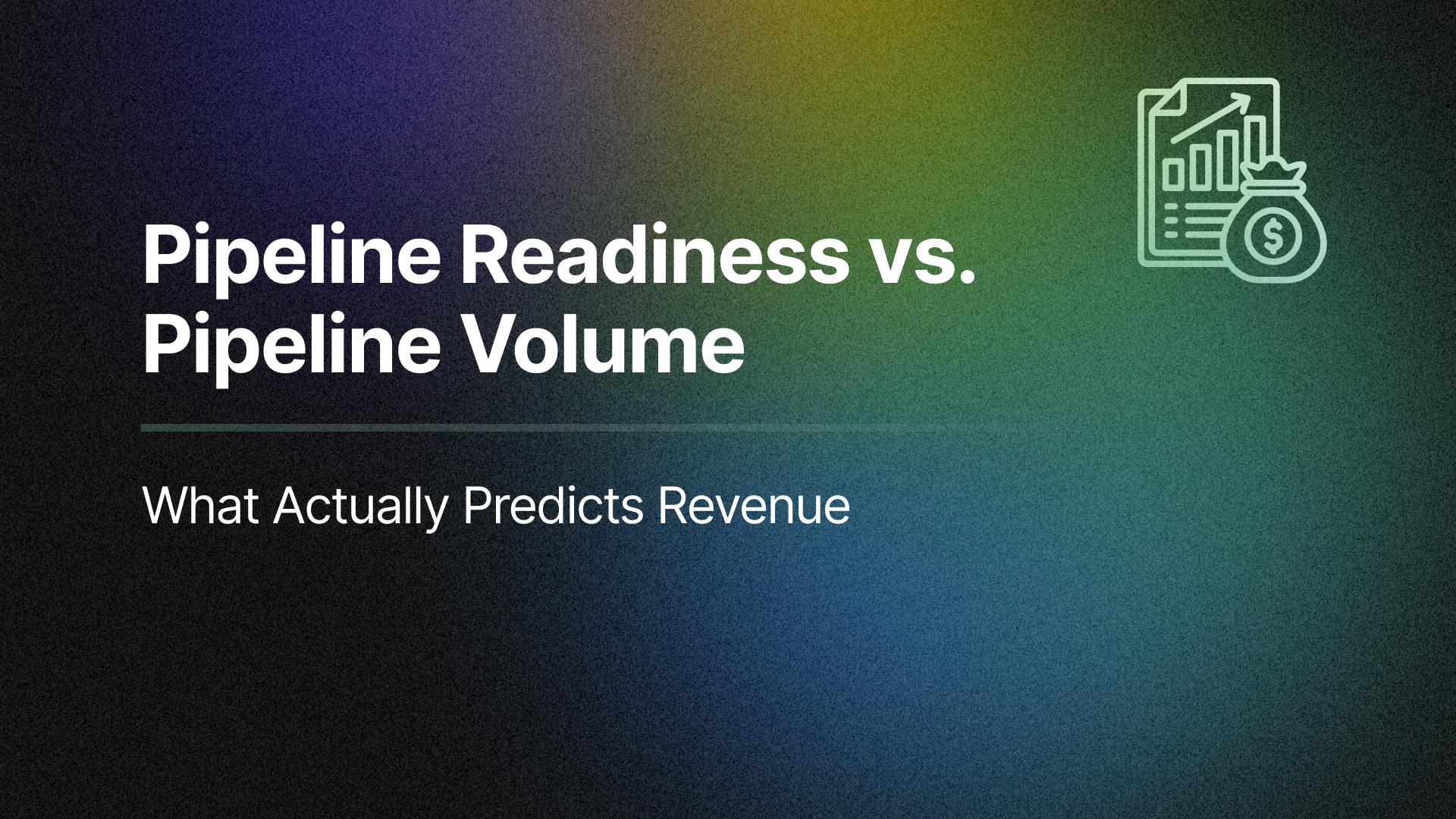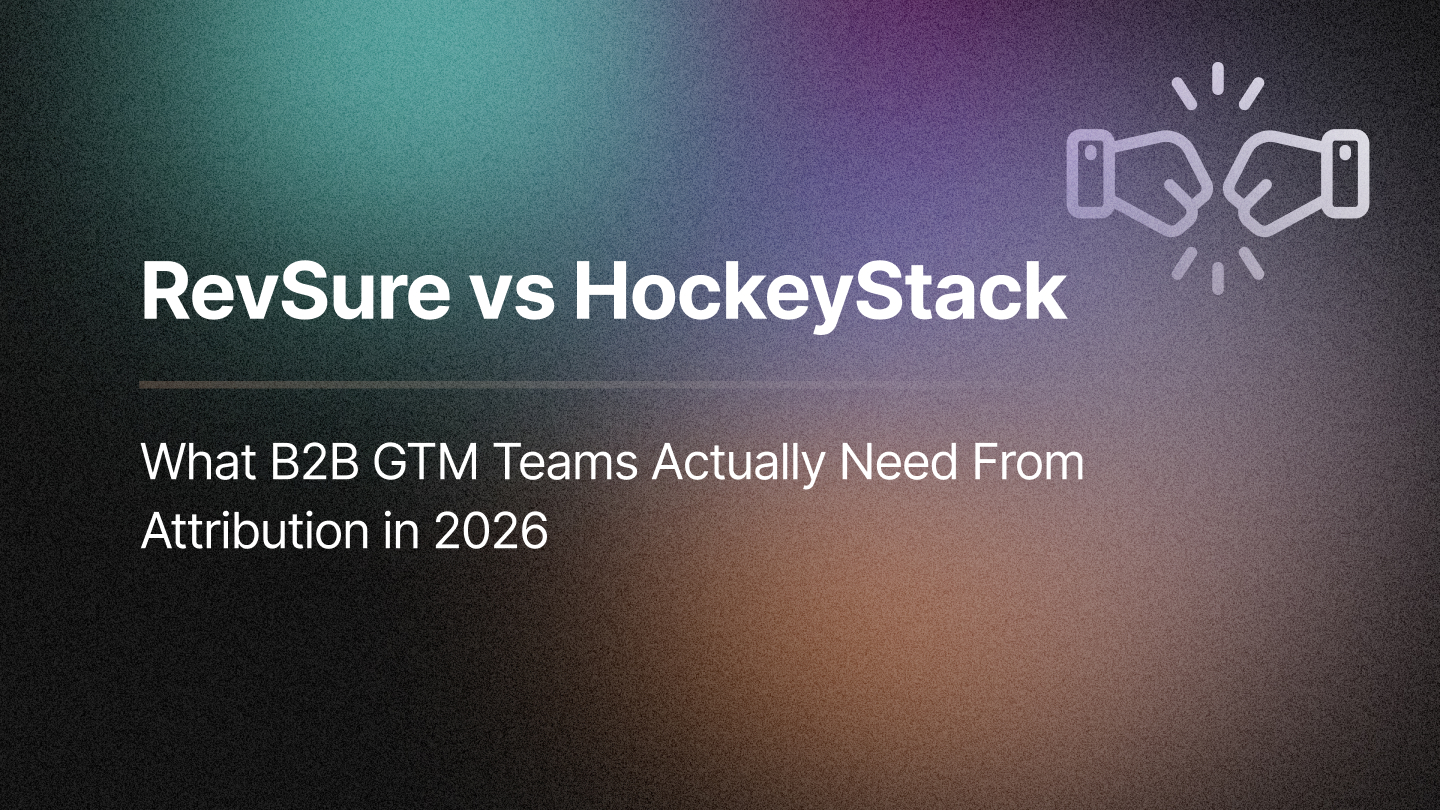Did you know that email marketing delivers an average ROI of $36 for every $1 spent? It's no wonder businesses, big and small, rely on email as part of their digital marketing strategy. Yet, with countless platforms available, choosing the right one can feel like navigating a maze. Which tool will align with your goals and provide value beyond generic email blasts?
This blog compares four leading email marketing platforms: Mailchimp, ActiveCampaign, SendGrid, and Constant Contact. Businesses worldwide trust these tools to address distinct needs and drive meaningful results.
Mailchimp: Email Marketing for Small Businesses
Mailchimp, a pioneer in email marketing, has evolved from a simple campaign tool to a full-fledged marketing platform. Known for its intuitive design and freemium model, it caters primarily to small and medium-sized businesses (SMBs) seeking accessibility and affordability.
Unique Features:
- Intuitive Drag-and-Drop Editor: Create professional emails effortlessly
- Pre-designed Templates: Customize templates to suit your marketing and branding guidelines
- Analytics Dashboard: Insights into performance metrics like open and click-through rates
- Third-Party Integrations: Connect seamlessly with WordPress, Salesforce, and more
Pros:
- User-friendly interface for beginners
- Generous free tier for up to 500 contacts
- Wide range of integrations
- Comprehensive tutorials and support resources
Cons:
- Limited automation in the free plan
- Costs increase quickly as your contact list grows
- Customization options are less advanced as compared to competitors
ActiveCampaign: Automation Meets CRM
ActiveCampaign combines email marketing, CRM, and advanced automation. Designed for scalability, it's a favorite among B2B businesses seeking to create personalized, multi-channel customer journeys.
Unique Features:
- Advanced Automation Builder: Create detailed workflows based on customer behaviors
- Built-in CRM: Easily manage pipeline and sales automation
- Dynamic Content: Personalize emails for specific audience segments
- Customer Experience Automation: Integrate email, SMS, and chat channels
Pros:
- Industry-leading automation capabilities
- Integrated CRM for holistic customer management
- A/B testing for campaign refinements
- Robust segmentation tools for precise targeting
Cons:
- Steep learning curve for new users
- Higher price point than more straightforward tools
- No free plan (only a limited trial)
SendGrid: Reliability for Transactional Emails
Initially designed for developers handling transactional emails, SendGrid has expanded since then to include marketing features, making it a versatile choice for technical teams as well as marketers.
Unique Features:
- Transactional Email Support: Ideal for password resets, order confirmations, and notifications
- API Access: Customizable email solutions through robust APIs
- Scalability: Handles large email volumes effortlessly
- Email Validation: Reduces bounce rates by verifying addresses
Pros:
- Excellent for high-volume email delivery
- Developer-friendly API with extensive documentation
- Strong focus on deliverability
- Scalable infrastructure for growing businesses
Cons:
- Limited design and automation features for marketing
- Best suited for technical users; less ideal for beginners
- Lacks advanced CRM and segmentation features
Constant Contact: Simplicity for Growing Businesses
Constant Contact has been around for a while and is celebrated for its simplicity. Built with small to medium-sized businesses in mind, the tool offers easy-to-use features for creating, sending, and tracking email campaigns. Plus, it's event marketing and online survey features add an extra layer of flexibility.
Unique Features:
- Event Marketing Tools: Manage event registrations and RSVPs directly
- Contact Management: Simplify importing and organizing contacts
- Customizable Templates: Create professional emails with minimal effort
- Real-Time Reporting: Monitor campaign performance with actionable insights
Pros:
- User-friendly interface for non-technical users
- Strong customer support with a library of resources
- Event marketing integration sets it apart from competitors
- Affordable pricing plans for SMBs
Cons:
- Limited advanced automation compared to competitors
- Less suitable for larger enterprises with complex needs
- Fewer third-party integrations than other platforms
The RevSure Advantage: Unlocking Email's Full Potential
Integrating email marketing software with RevSure can elevate your campaigns. Here's how:
- Targeted Campaigns: With our AI-powered conversion propensities, RevSure identifies high-value leads, enabling platforms like Mailchimp and Constant Contact to deliver personalized campaigns to prospects ready to convert.
- Lead Nurturing: Use RevSure AI for next-best touch recommendations and insights to create custom sequences for every stage of the funnel—educational content for early-stage leads and demos for prospects nearing conversion.
- Performance Measurement: RevSure tracks ROI, helping marketers optimize strategies by uniting email performance with broader campaign data.
- Pipeline Revenue Attribution: RevSure connects email campaigns directly to pipeline outcomes, tracking which emails drive conversions and revenue.
Conclusion: Choose Wisely, Grow Strategically
The right email marketing tool will depend on your business needs, whether you seek simplicity, advanced automation, or data-driven personalization. Here's a quick summary:
%2520(1).png)
Evaluate your business priorities and align them with a platform that meets today's needs and scales with your growth. Integrating tools like these with RevSure, you'll unlock a more holistic view of marketing performance, ensuring every email contributes to pipeline and building meaningful customer relationships.
Related Blogs







